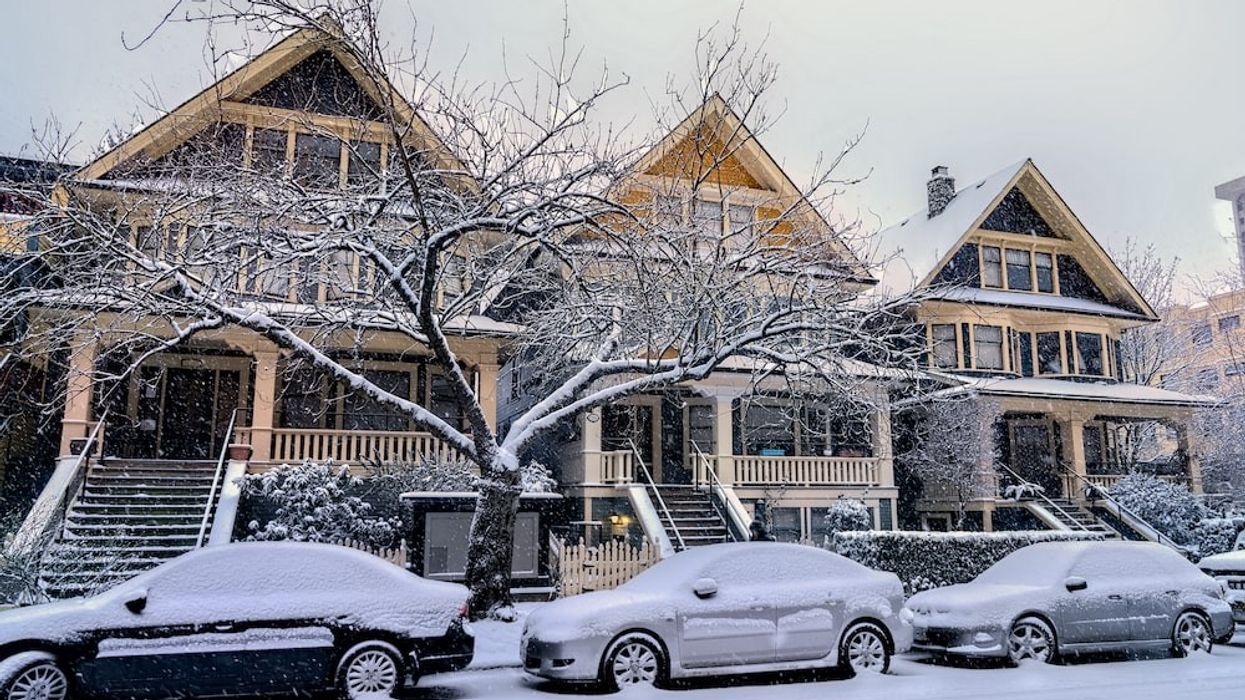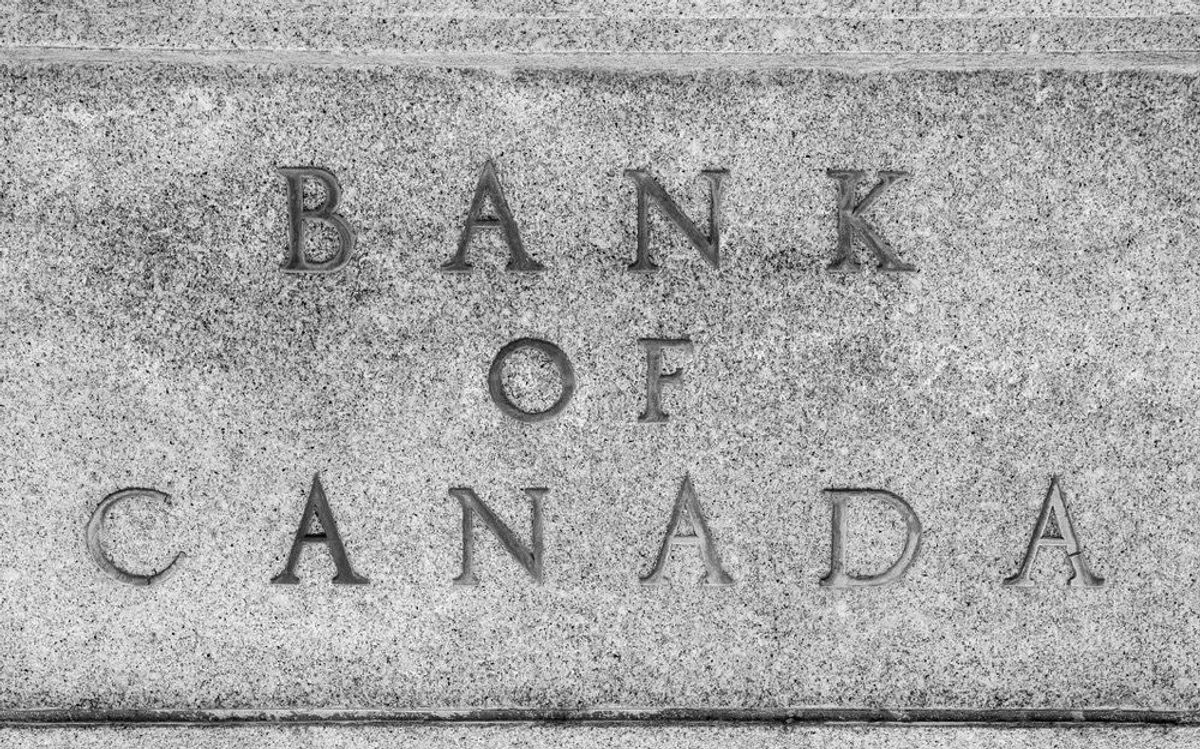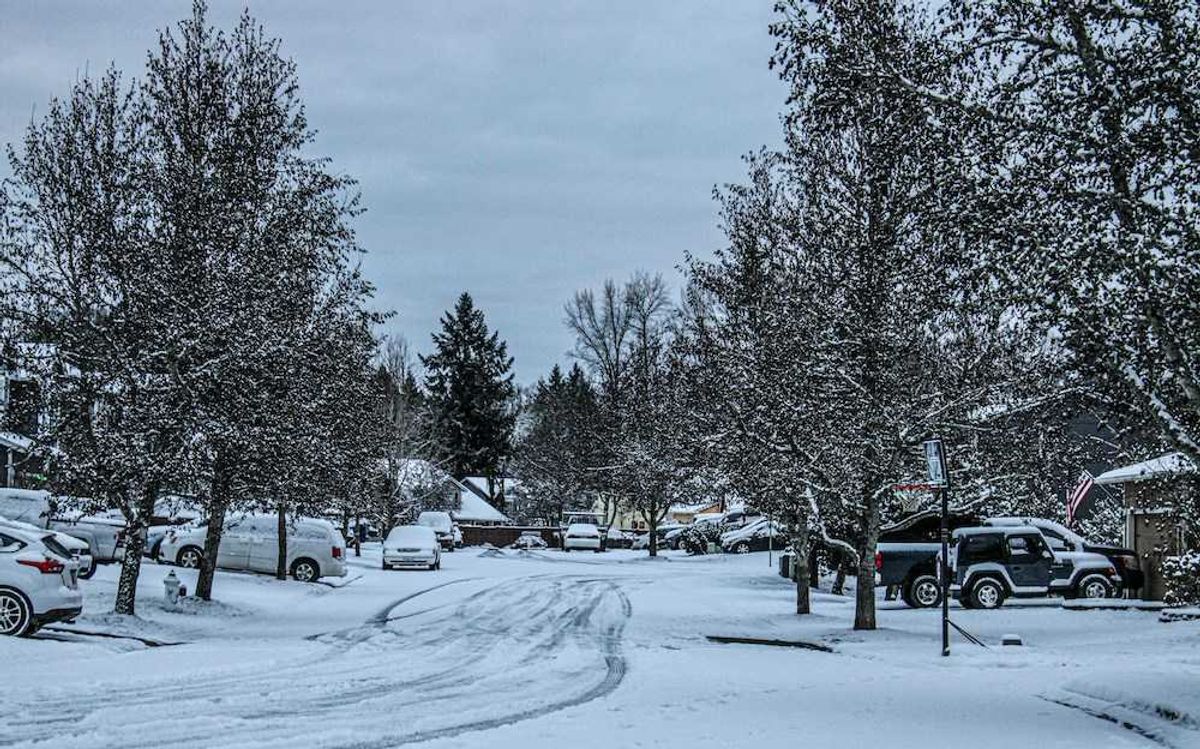Despite the usual slump of the winter months, Canadian home sales jumped up slightly in December, sitting 1.3% above the previous month.
The Canadian Real Estate Association (CREA) released its latest market data on Monday, noting that despite the bump, the total number of December sales was down 39.1% from the near-record high seen one year prior.
“In 2022, we saw one of the biggest single-year shifts on record in Canadian housing activity, from record highs last winter to just below the 10-year average to end the year,” said CREA Chair Jill Oudil.
December also saw a drop in the number of new listings, falling 6.4% on a month-over-month basis, which was largely led by declines in British Columbia and Quebec. According to CREA, it was among the lowest December new supply levels on record.
With sales up and new listings down, the market tightened, raising the sales-to-new-listings ratio to 54.4%, compared to 50.2% in November.
"There were 4.2 months of inventory on a national basis at the end of December 2022," the report reads. "This is close to where this measure was in the months leading up to the initial COVID-19 lockdowns, and still nearly a full month below its long-term average."
The average (not seasonally adjusted) national home price hit $626,318 in December, down slightly from November's $632,802.
READ: Bank of Canada to Lose Up To $8.8B Over Next Few Years: Report
Compared to November, the Aggregate Composite MLS Home Price Index edged down 1.6% in December, bringing it to 13% below its peak level. As is to be expected, price drops varied significantly from market to market. Ontario and parts of BC led the declines, while Calgary, Regina, Saskatoon and St. John's were "barely off their peaks at all."
Oudil notes, however, that "the market’s adjustment to higher rates may be mostly in the rear-view mirror at this point," which means more buyers potentially entering into the market in the spring.
Looking into 2023, CREA has revised its forecast with additional data. The real estate association is expecting the market to remain "quite difficult" for many first-time buyers until mortgage rates begin to ease. But that being said, many buyers are expected to come off the sidelines next year, with CREA forecasting 495,858 home sales across Canada in 2023 -- a small 0.5% drop from 2022.
“The housing market story of 2022 was about high inflation and rising interest rates. The 2023 market will depend on the timing and extent those factors move back in the other direction,” said CREA’s Senior Economist Shaun Cathcart. “Demand for housing continues to grow and supply remains the biggest issue across the entire spectrum. Whether that plays out in the rental market in 2023 or shifts back over into the ownership space is a matter of how quickly the Bank of Canada can get inflation under control and starts turning the dial back down on borrowing costs.”
Home prices are expected to continue falling next year, with CREA forecasting a 5.9% decline on an annual basis to $662,103.
By 2024, home sales are expected to start making a comeback -- albeit still below 2020 and 2021 numbers -- jumping 10.2% to 546,625. The national average price is expected to recover 3.5% to around $685,056, which is below 2022 but on par with 2021.





















